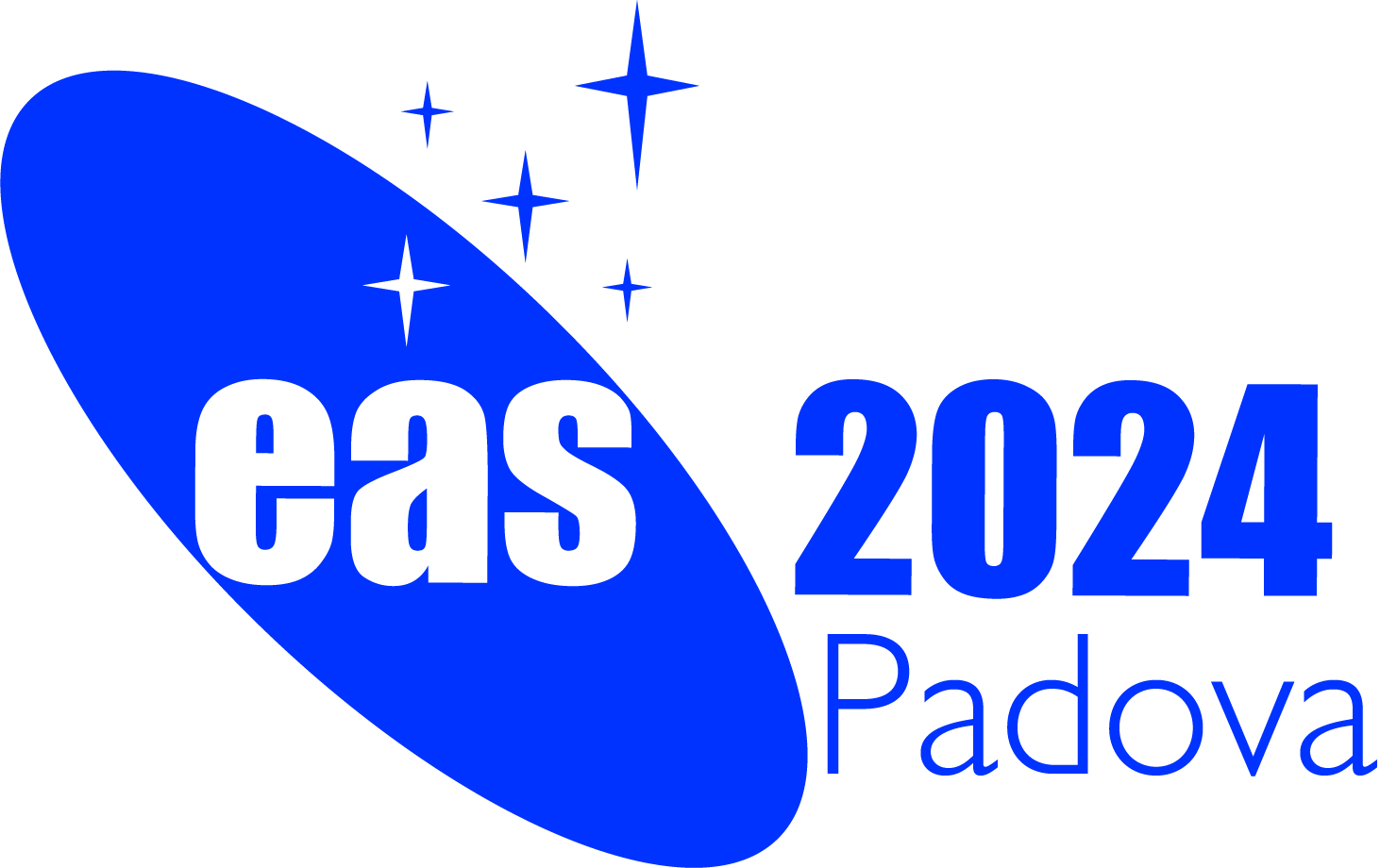
|
European Astronomical Society
|

|
|
|
|
|
|
EAS Job Directory
Find Jobs
| Scientific developer for ESA Gaia mission Variability Studies. | Closing date: 2023-05-31
Contact: Krzysztof Nienartowicz |
The Gaia Data Processing Center in Geneva hosted at the Astronomical Observatory of the University of Geneva, Versoix is looking for a candidate who is interested to port existing and create new algorithms developed in Java to deal with over 15 billion Gaia astronomical time-series.
| | ▸ more | The European Space Agency mission Gaia mission (https://sci.esa.int/web/gaia/-/28820-summary) is one of the most complex astronomy endeavours up to date designed and performed in Europe, but also unique at the global scale. The Gaia spacecraft located 1.5 million kilometers from the Earth in the Lagrange Point 2 is not only special because of its unique multi-instrument data collection capabilities, but also because of the complexity of data processing needs, that are covered by a Gaia Data Processing and Analysis Consortium (DPAC) consisting of around 500 scientists and IT specialists. The role of the Coordination Unit 7 (CU7) based in Geneva, Switzerland (https://www.cosmos.esa.int/web/gaia/dpac) is to identify variable sources of light (i.e pulsating stars, Active Galactic Nuclei, cataclysmic events, microlensing events, planetary transits, long period variables, eclipsing binaries to name a few), characterize them with specialized algorithms, classify them using machine learning techniques and extract scientific information of some specific stellar sources to be included in the public catalogue. We estimate that 10-20% of all 2.7 billion sources Gaia observes are variables.
The Gaia Data Processing Center in Geneva hosted at the Astronomical Observatory of the University of Geneva is looking for a candidate who is interested to elevate our existing algorithms developed in Java to deal with over 15 billion Gaia astronomical time-series within a short period of time, dealing with the biggest trove of astronomical temporal data.
The successful candidate would be responsible for porting existing algorithms to a Java-based TornadoVM (https://github.com/beehive-lab/TornadoVM) framework to enable bleeding-edge GPU processing of vast amounts of data in the existing DPCG software pipeline on HPC platform.
The work conducted in the project will be part of a bigger, 3-years project related to European Processor Initiative funded by the European Commission Horizon 2022 program and Swiss SEFRI [Le Secrétariat d'État à la formation, à la recherche et à l'innovation]. The project would involve interaction with industry and academic liaisons as well. Employer will be the University of Geneva.
We are looking for a dynamic, curious, quick-learner with GPU development skills for HPC programming knowledge and advanced knowledge about the Java ecosystem.
Understanding of statistics, signal processing and astronomy/astrophysics/physics would be a plus as a big part of the job would be enabling algorithms for GPU on TornadoVM. We have a direct liaison with the TornadoVM team to support the transition.
We offer the opportunity to be an important part of the international team of researchers, computer scientists and industry leaders working on one of the most successful astronomical projects.
|
More resources
Links to other job lists
|

